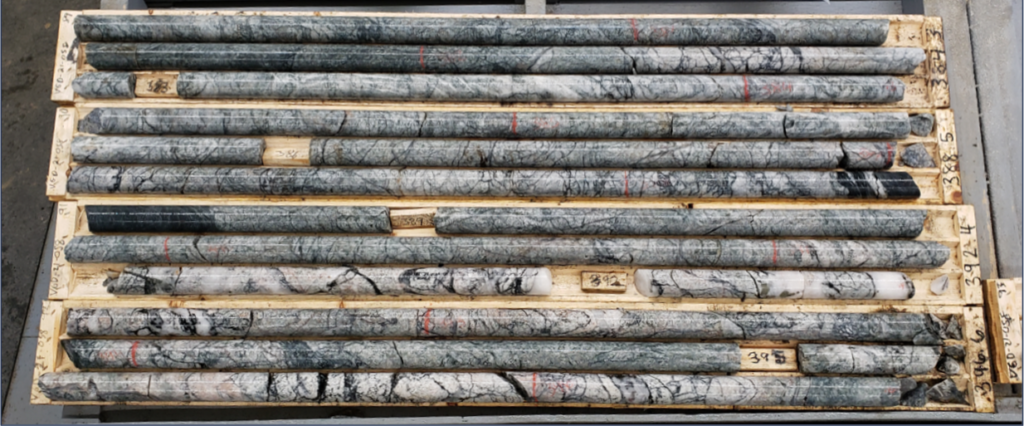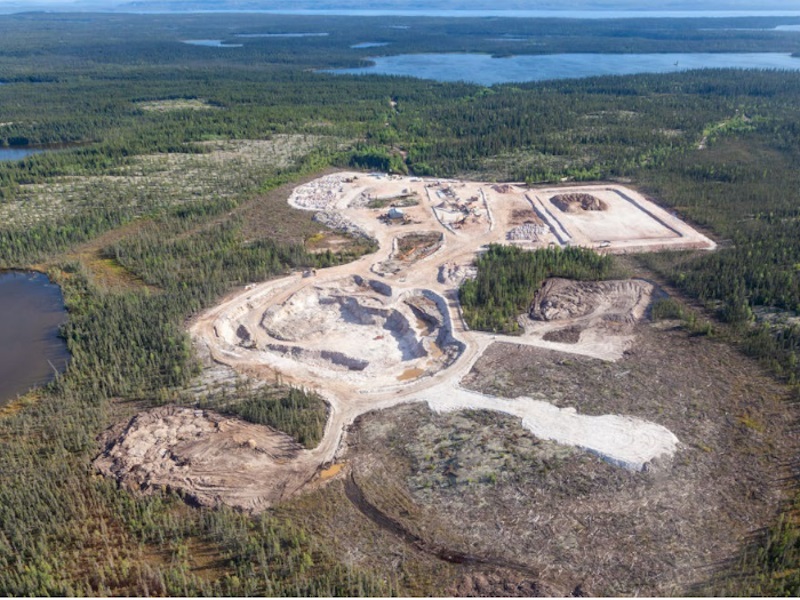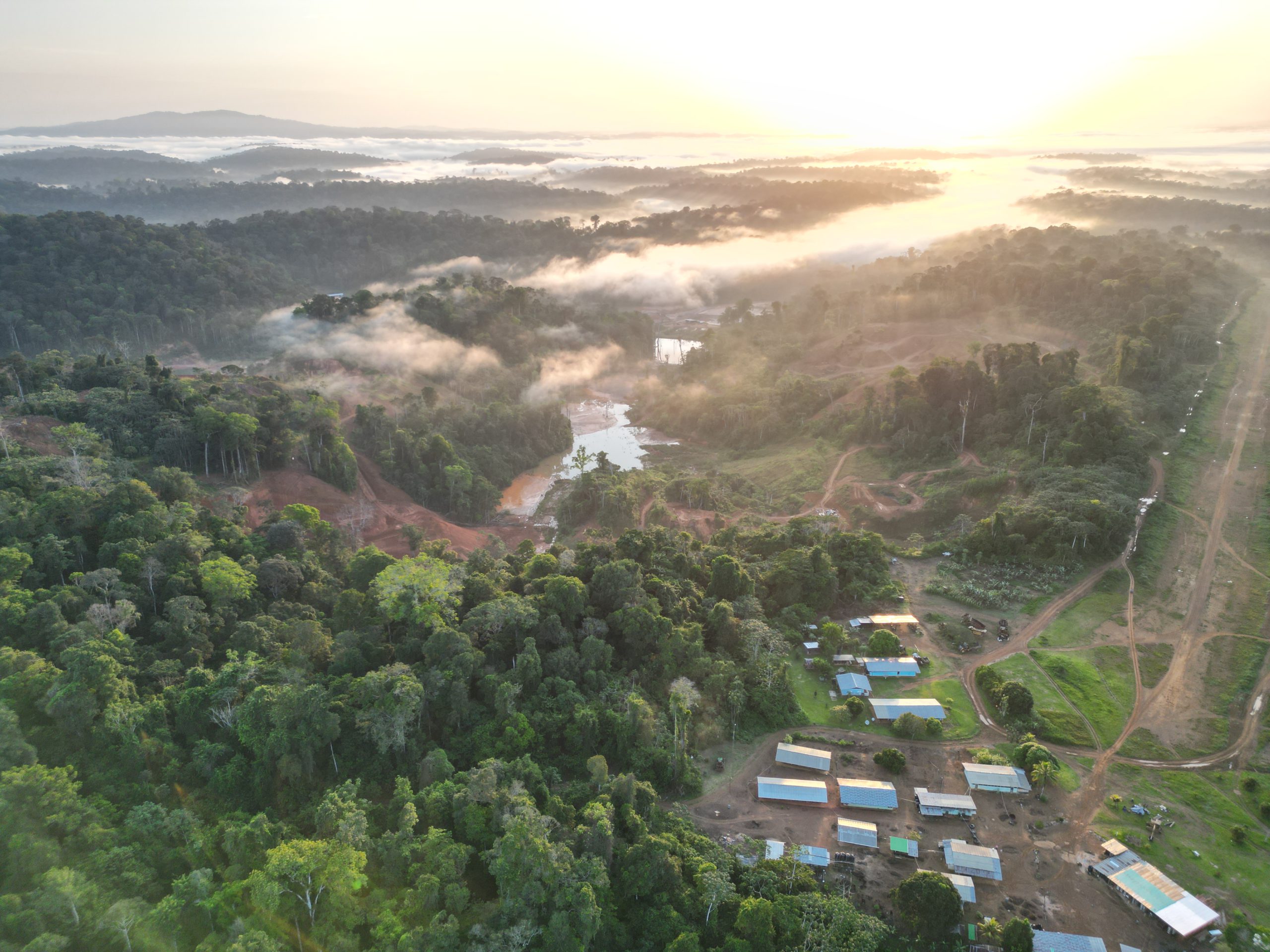The latest drill results include 22 of the 28 holes completed at the Victory deposit in 2021, all of the 16 holes completed at the Sprite deposit, and 21 of 24 holes completed at the potential waste rock dump.
At the Victory deposit, all 22 of the reported holes returned significant assays of greater than 0.7 g/t gold. Objective of drilling the deposit was to test for a “Main zone” type configuration of gold mineralization adjacent to the Valentine Lake shear zone, as seen at the Leprechaun and Berry deposits. Highlighted Victory drill holes are as follows:
- VGD-21-071: 4.04 g/t over 11 metres including 36.70 g/t over 1 metre;
- VGD-21-064: 2.05 g/t over 9 metres including 10.0 g/t over 1 metre, 2.50 g/t over 5 metres; and 0.94 g/t over 14 metres;
- VGD-21-078: 0.88 g/t over 33 metres.
“We are particularly encouraged by the Victory area, where we are delineating an extensive system of alteration and gold mineralizing fluids over a broad area. This merits additional drilling in 2022,” Matt Manson, Marathon’s president and CEO, commented.
Drilling at the Sprite deposit occurred in between areas of historical drilling, where the existing mineral resource estimate is based. As at the Victory deposit, the objective here was to test for a “Main zone” type configuration of gold mineralization adjacent to the Valentine Lake shear zone.
In 2020, Marathon undertook a condemnation drill program of approximately 3,000 metres in the area of the proposed waste rock facility, located north of the Marathon open pit area. Gold mineralization in four of these initial holes was observed in a localized area, prompting a follow-up drill program of 3,744 metres last year.
Sixteen of the 21 holes reported from the MWRF area had intercepts of greater than 0.7 g/t, highlighted by:
- MA-C-21-032: 3.02 g/t over 19 metres including 43.5 g/t over 1.0 metre;
- MA-C-21-044:1.25 g/t over 26 metres;
- MA-C-21-032: 1.56 g/t gold over 19 metres including 12.44 g/t Au over 1.0 metre;
- MA-C-21-025: 101.94 g/t gold over 1.0 metre.
While Marathon does not consider the site to have the potential to form an economic deposit, the drilling exercise at the waste rock dumpz has demonstrated that the more brittlely deforming granitoid rocks of the Valentine Lake property, such as those underlying the Leprechaun, Berry and Marathon deposits. According to Marathon, these rocks are prospective for gold mineralization wherever they occur, even at significant distances away from the Valentine Lake shear zone contact.
“The mineralization at Sprite, as well as at the proposed site of the Marathon waste rock facility, appears more localized, but is reflecting the ubiquity of gold mineralization almost everywhere along the length of the Valentine Lake shear zone which has been explored to date,” Manson added.
More information on the Valentine gold property can be found at www.marathon-gold.com.




